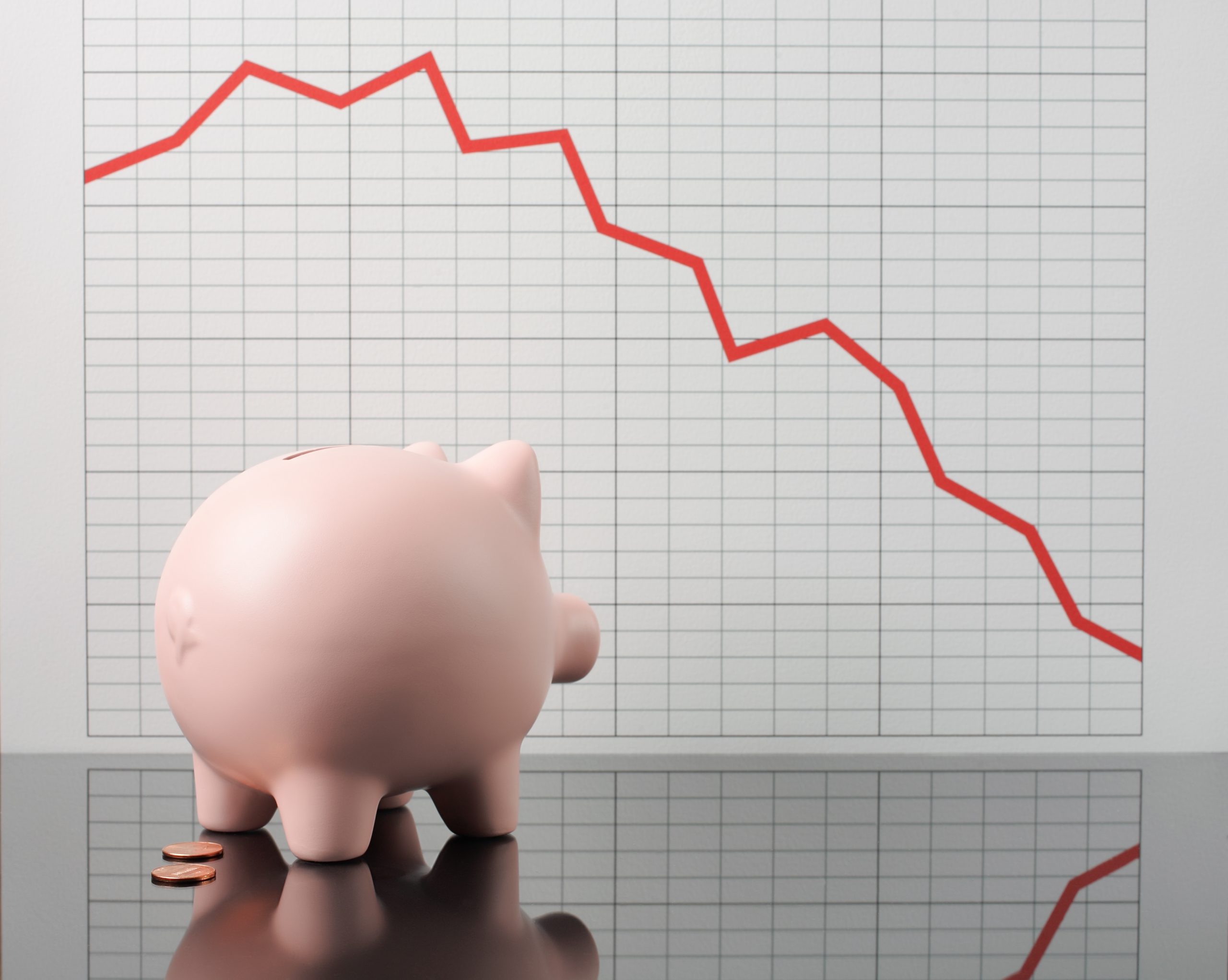Libertyville, IL investors – and anyone looking at the news, for that matter – have seen rapidly falling markets over the last several weeks. Fears over the worldwide spread of the coronavirus have sent broad indexes such as the Dow Jones Industrial Average (DJIA) and the S&P 500 into bear market territory, defined as a 20% or more decline from recent highs (1).
Are you on the right financial path? Contact Prism Planning Partners today!
In fact, as of this writing, trading on the S&P 500 was temporarily halted after it dropped 7 percent at the opening on March 9, 2020. (2) Trading was halted again on March 12, and then for a third time on March 16. Since mid-March, the Volatility Index (VIX) has spiked 43% (3), with the DJIA seeing both “its best day in 87 years” (4) and some of the worst.
It can be tough to watch stocks plunging. No question. If you were worth $1,000,000 in mid-February, you could be worth $800,000 to $900,000 or less now.
The financial planners at Prism Planning Partners can help you navigate the rough waters of a volatile stock market. Worrying about your retirement plan becomes less of a worry when you have a solid financial plan in place.
So what should you do? Here are a few suggestions:
Keep calm and carry on
One important element in dealing with a falling stock market is to keep calm. Stock markets always fluctuate. Bear markets occur periodically. They’ve happened before. They may happen again. Even factoring in bear markets, stocks outperform almost every other asset class.
Since its inception in 1926, the S&P 500’s average annual return has been approximately 10% (5). Those results include the Great Recession year of 2008, when the S&P 500 plunged 38.49%,(6) 2002 when it dropped 27 percent (7)) and other bear market years.(8)
From our experience, declining stock markets, even those that drop precipitously in a frightening way, may make a comeback eventually. Those who hang on over time reap the rewards when the stock markets rise. Those who don’t may put a serious dent in their portfolios.
Never sell stocks in a panic
In our opinion, you should consider not panic selling. A panic sell is seeing the headlines and deciding the best thing you can do is dump those stocks now before they fall even further.
Folks who held on during 2008 have been rewarded with up markets every year since that time.(9)
If you panic sell, it is possible that you may lose the money subsequent stock market advances would have given your portfolio. Fluctuations in the stock market are unpredictable, and no one can time them with any accuracy.
Consider bargain shopping for stocks
Not only should you not sell, you may want to consider buying stocks. Stocks are falling from a combination of uncertainty over the spread of the coronavirus, oil prices in free fall, and generalized anxiety. But, from our experience, stocks ultimately sell on fundamentals. If the companies continue to earn well in the long term, the stocks will eventually trade on those earnings.
As such, stock prices that are depressed because of uncertainty and fear will eventually give way to stock prices trading on their fundamentals, such as earnings. If you buy stocks that have fallen significantly but have good underlying fundamentals, you’re likely buying at a bargain.
Review your portfolio allocation
You should also review your portfolio allocation periodically, for several reasons.
Portfolios should be allocated between stocks, bonds/cash and other asset classes to ensure sufficient diversification among asset classes and balance reward and risk. In many portfolios, stocks represent high risk/high reward just because of factors we’ve already discussed: they return more annually, but can also fluctuate. Bonds and cash, on the other hand, from our experience, have low yields but fairly stable principal. Bond values can fluctuate based on interest rates, credit risks, and a number of other factors. But, generally, they function as a diversifier from bonds and may, in certain instances, be considered less risky than stocks.
Your age/time horizon
The older you are, the narrower your time horizon to retirement. The closer you are to retirement, the more a bear market can hurt you. If you are planning to retire next year, for instance, and the market drops 20 percent, the resultant decline in your retirement nest egg may require you to make adjustments in your retirement plans.
If you are in your thirties, on the other hand, you have roughly three decades to make back any erosion in your stock portfolio.
Many advisors recommend that retirement portfolios reflect relative age. A younger person should have comparatively more allocated to stocks, to maximize chances of stock market appreciation over time. An older person should have comparatively less in stocks, to protect against risk, and more in bonds or cash, for the same reason. (It’s important to retain some in stocks even at an older age, to maximize returns while still being prudent.)
One well-known strategy for accomplishing this is the rule of 110. This requires investors to subtract their age from 110. The resulting figure is the percentage you place in stocks. The remainder is placed in bonds.
So a 60-year-old using the rule of 110 would have 50 percent of a portfolio in stocks (110 – 60), and 50 percent in bonds or cash. But a 30-year-old would have 80 percent in stocks (110 – 30), with just 20 percent in bonds or cash.
Your risk tolerance
People differ in their ability to be comfortable with risk. If you find that the stock market plunge is keeping you up at night or making you very uncomfortable, you might want to reassess your portfolio to find more comfort in stable investments.
Rebalancing
Portfolios should be rebalanced a minimum of once per year. Whatever allocation you have determined is optimal needs to be retained purposefully, or you will lose it over time due to market fluctuations.
A financial advisor can provide tips on your retirement and investment portfolios, including portfolio allocation, risk tolerance, diversification, bargain stocks and yes, even how to keep calm.
Prism Planning Partners, LLC dba Prism Planning Partners is an SEC Registered Investment Advisor. We are located in Libertyville IL. We specialize in fee-based, comprehensive financial planning and investment management. We are a group of CERTIFIED FINANCIAL PLANNER™dedicated to helping our clients achieve their retirement goals. Contact us today.
Sources



